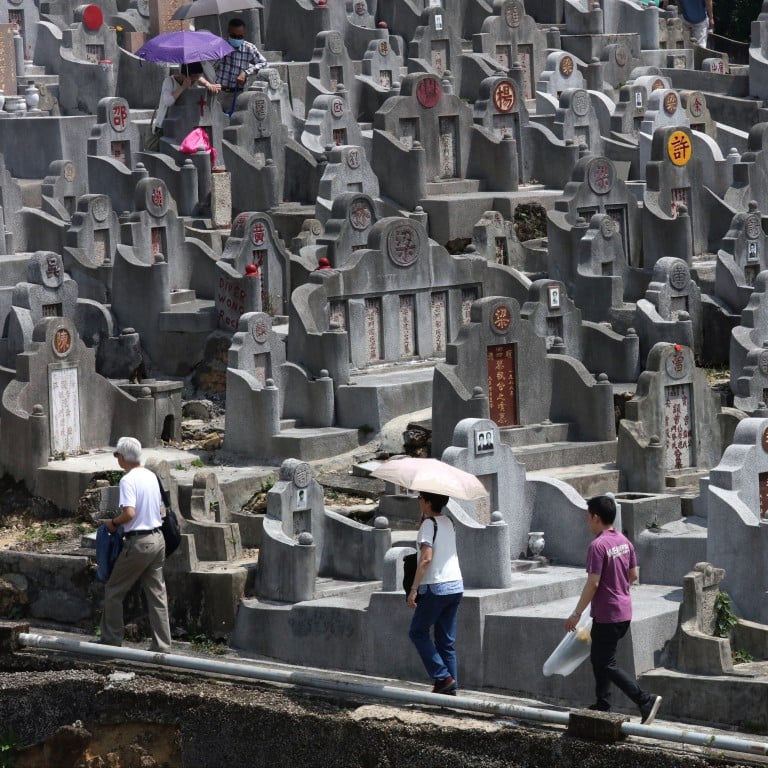
Letters | How Hong Kong can help the idea of green burials gain ground
- Readers discuss a sustainable way to handle the remains of loved ones, and the need for improvements in the taxi industry
Owing to superstition or conservative thinking, death is often viewed as an emotionally loaded topic to be avoided at all costs by many people, who believe that talking about it invites bad luck. However, the sudden passing of a loved one who has not made clear how they would like their remains to be handled may complicate matters and put family members in a difficult position.
Education and promotional campaigns are essential for green burials to catch on.
People should have open, honest discussions with their elderly family members about how they would like their ashes to be handled. Respect is the key to facilitating a fruitful exchange of ideas. Bringing in a trusted third party who can make the elderly person more comfortable could help.
Death must not be seen as a taboo subject but a natural process. Those who proactively plan for what happens to their remains after death are showing enthusiasm for life. Moreover, those choosing green burials are helping build a sustainable future.
More promotional leaflets and fliers can be made available at hospices and hospitals. If possible, manpower can be stationed at these facilities to provide information for anyone considering the idea of a green burial. Promotional activities and workshops should be advertised more widely.
Jason Tang, Tin Shui Wai
Shine a searchlight on the taxi trade
I am in the elderly category, and the minibus and taxi are my daily modes of transport. Taxi drivers seem to fall into two distinct categories: the friendly and helpful with clean cabs, and the grumpy and unhelpful whose cabs are often filthy.
Like all of us, taxi drivers get old but when they see a wheelchair, three out of five drivers look the other way. Fortunately, I can still go without a wheelchair but the day will come.
The taxi trade somehow needs to focus on rewarding the friendly and helpful and rid itself of the aggressive and unhelpful. Passengers like myself prefer a quiet ride and don’t really like to suffer a constant litany of loud exchanges between drivers and their contacts.
I have met some really nice, well-behaved and friendly drivers in recent times. I just wish there were more like them. Shine a searchlight on the trade which is living in the past.
Norman de Brackinghe, Pok Fu Lam

